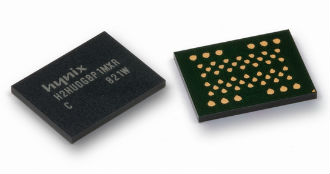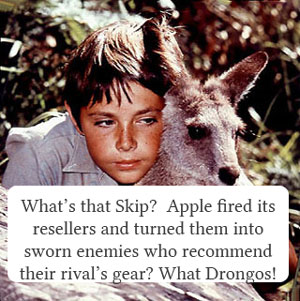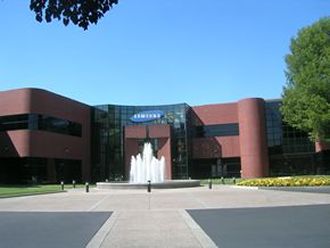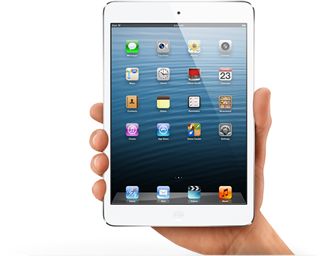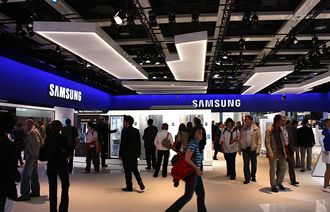 With Pope Benedict announcing that he is cleaning out his desk and collecting his pink slip, Channel Eye has come up with a list of those who it thinks will have the right stuff to be the next Pope. Now we know that one of the jobs of the Pope is to be Catholic, but given that the church is unlikely to survive another 100 years unless it liberals up a bit, we have given our nominations on the basis that if they can run an IT company they can probably look after the world’s largest religious organisation.
With Pope Benedict announcing that he is cleaning out his desk and collecting his pink slip, Channel Eye has come up with a list of those who it thinks will have the right stuff to be the next Pope. Now we know that one of the jobs of the Pope is to be Catholic, but given that the church is unlikely to survive another 100 years unless it liberals up a bit, we have given our nominations on the basis that if they can run an IT company they can probably look after the world’s largest religious organisation.
1. Steve Ballmer
Ballmer is already half way to the job by having the inner certainty that he is God. Ballmer would sort out most of the Catholic church’s problems by shouting at them until they go away. Pope Ballmer would probably encourage cardinals to make all sorts of power plays so long as they left him alone. We predict that under his rule, the Catholic church would adopt wide scale contraception to avoid another Ballmer.
2. Sir William Gates
Since resigning from Microsoft’s top job, Gates has been heading towards sainthood. Not only is he well on the way of purging Africa from the devilish mosquito, his various charity work is now healing the sick of Polio. If he were appointed Pope, Gates would closely monitor other religions and then try to mimic their success.
3. Steve Jobs
A tricky choice for the church given that he is already dead, however, that has not stopped him being the head of the world’s fastest growing religion. Chances are that thanks to Apple technology he could do the job from the afterlife, all it would take is to replace all those videos of him with an iPad so that he appears to be holding a bible. We predict that under the rule of Jobs, which would be eternal, you would have to pay half of your salary to the church every year and queue to get into the sermons.
4. Leo Apotheker
A bit ofan outsider but given that Cardinal Ratzinger was a similar figure within the Catholic church, and it is known for being fairly conservative, we think he could be a starter. Pope Apotheker would start by selling off all the churches and training all priests so that they could handle business management software, like SAP. While many people will not understand why the Catholic Church should dump everything it makes money on and moving into business software, Apotheker would point out that this was exactly the same plan he would have run for HP if those pesky board members had not been involved.
5. Michael Dell
Although he might be a little busy for the job, Michael Dell will abandon all the churches and tell his priests to take their services directly to parishioners. However, if this plan starts to go wrong, he will do a deal with Microsoft to buy out the Church from its Mafia backers and make himself the supreme pontiff and not have to answer to anyone.
6. Paul Otellini
Paul Otellini is retiring soon so might be up for the job, as he is a big fan of monopolies and will probably rule the Catholic Church in the same way as he did at Intel. This would involve leaning on the supplies of other religions and advising them to follow the Roman Catholic Church. Then the other religions would go broke and collapse. In some cases, where they had interesting theology, Intel might buy up their patents and incorporate them into Catholic theology.
